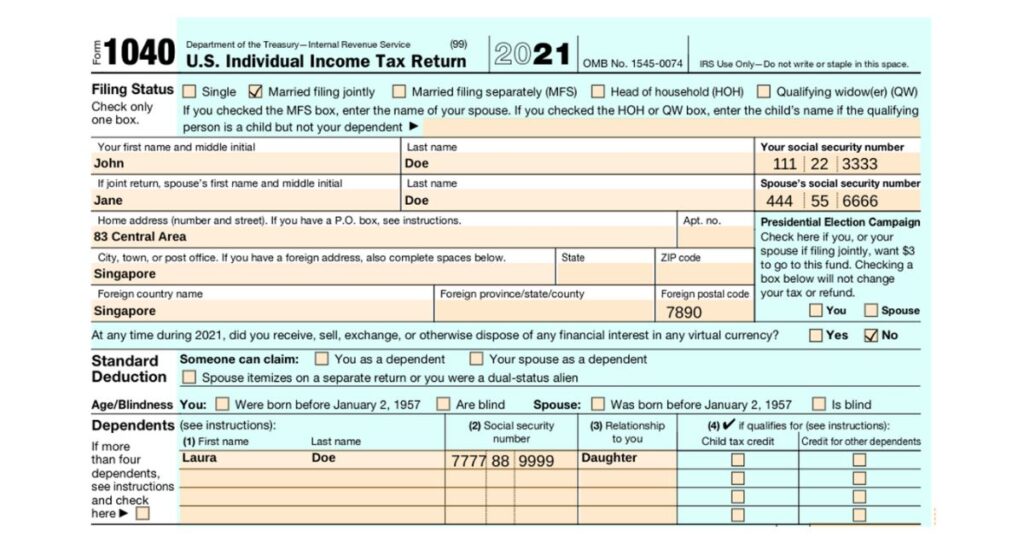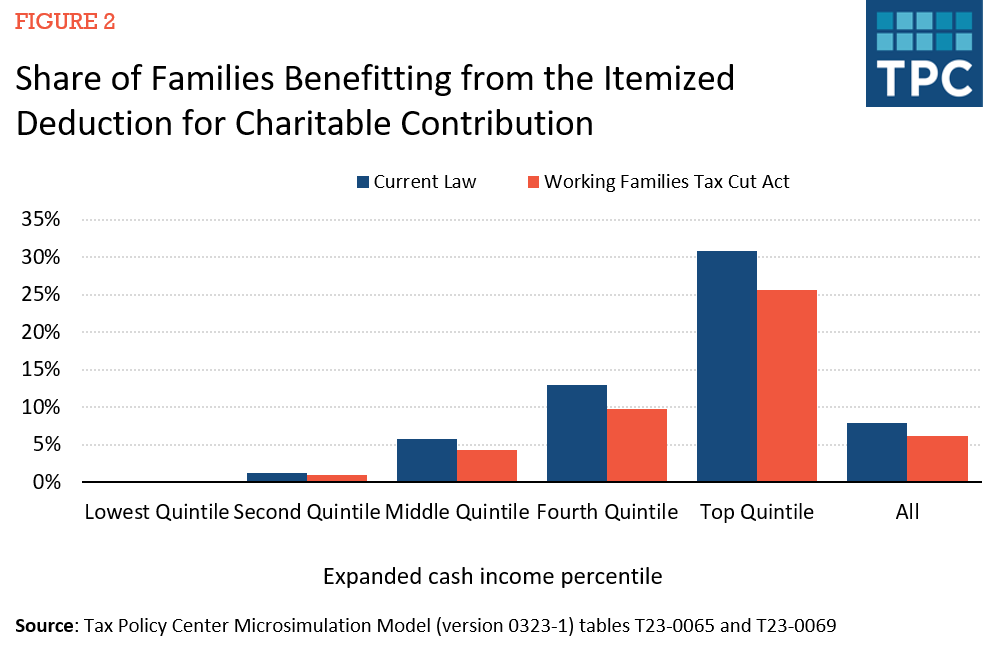The FEIE Standard Deduction: How it works for digital nomads
Wiki Article
The Foreign Earned Earnings Exemption Explained: A Guide to Enhancing Your Standard Reduction
The Foreign Earned Earnings Exclusion (FEIE) is a necessary tax obligation stipulation for united state residents and resident aliens living abroad. It permits qualified expatriates to exclude a considerable part of their foreign-earned revenue from government taxes. Recognizing the subtleties of FEIE can result in considerable tax obligation cost savings. Several people neglect crucial information that might impact their eligibility and benefits. Exploring these elements might expose opportunities for improved tax obligation end results.Comprehending the Foreign Earned Revenue Exclusion
Several migrants look for possibilities abroad, recognizing the Foreign Earned Revenue Exemption (FEIE) is important for handling their tax obligation commitments. This stipulation allows united state citizens and resident aliens living overseas to omit a specific amount of their gained earnings from federal taxes. The FEIE was developed to relieve the tax burden on people that stay outside the United States, acknowledging the unique economic obstacles they might deal with.
Eligibility Needs for FEIE

Exactly how to Claim the FEIE
To effectively assert the Foreign Earned Income Exclusion (FEIE), taxpayers have to first verify their eligibility based on details standards - FEIE Standard Deduction. The process involves several steps, including filing the ideal types and providing required documentation. Recognizing these treatments and demands is vital for taking full advantage of tax advantages while living abroadEligibility Needs
Qualification for the Foreign Earned Earnings Exclusion (FEIE) rests on meeting certain requirements set by the internal revenue service. To certify, individuals should be U.S. citizens or resident aliens that earn revenue while functioning abroad. They need to develop an international tax obligation home, which means their primary workplace is outside the United States. Furthermore, candidates should fulfill either the Bona Fide Home Test or the Physical Existence Test. The Authentic Home Test calls for that a taxpayer resides in an international country for an entire tax year, while the Physical Existence Examination requires investing at least 330 full days in an international country throughout a 12-month duration. Satisfying these requirements is essential for asserting the FEIE.Filing Refine Actions
How can one effectively browse the process of declaring the Foreign Earned Income Exemption (FEIE)? People need to determine their eligibility based on the physical visibility examination or the bona fide home test. Once validated, they should finish IRS Kind 2555, which details foreign income and residency. This form should be affixed to their annual tax obligation return, generally Form 1040. It is necessary to precisely report all international earned revenue and warranty compliance with the IRS standards. In addition, taxpayers need to maintain proper paperwork, such as international tax obligation returns and evidence of residency. By complying with these actions, people can efficiently assert the FEIE and potentially reduce their taxed revenue significantly, enhancing their total monetary position.Computing Your Foreign Earned Revenue Exemption
While lots of expatriates look for to maximize their financial advantages abroad, comprehending the computation of the Foreign Earned Earnings Exemption is crucial for precise tax coverage. The Foreign Earned Income Exemption allows qualifying individuals to omit a specific quantity of their international incomes from united state taxation, which is changed annually for rising cost of living. To compute this exclusion, expatriates have to identify their complete foreign earned income, which usually includes incomes, wages, and professional charges gained while staying in a foreign nation.Next off, they have to finish IRS Type 2555, providing details about their international residency and job condition. FEIE Standard Deduction. It is necessary to meet either the bona fide house test or view it now the physical visibility examination to receive the exemption. As soon as these factors are developed, the optimum permitted exemption quantity is used, lowering the person's gross income significantly. Exact estimations can result in significant tax obligation financial savings for migrants living and functioning abroad
The Impact of FEIE on Various Other Tax Benefits
The Foreign Earned Income Exclusion (FEIE) can influence an individual's eligibility for certain tax advantages, consisting of the common deduction. By excluding international gained revenue, taxpayers may find their adjusted gross earnings influenced, which subsequently can impact their credentials for different tax credit reports. Understanding these communications is crucial for maximizing tax end results while living abroad.Communication With Standard Deduction
When people get the Foreign Earned Income Exemption (FEIE), their eligibility for the basic reduction might be impacted, possibly altering their general tax liability. The FEIE permits taxpayers to omit a certain quantity of earned earnings from U.S - FEIE Standard Deduction. taxation, which can lead to a lowered gross income. Therefore, if the left out income surpasses the common deduction, it can decrease the advantage of declaring that reduction. In addition, taxpayers that make use of the FEIE might locate that their capacity to itemize deductions is also affected, as specific expenses may be affected by the exemption. Understanding this interaction is important for migrants to maximize their tax obligation advantages while making sure conformity with united state tax lawsEligibility for Tax Obligation Credit Reports
Steering via the intricacies of tax debts can be testing for expatriates, particularly since the Foreign Earned Income Exemption (FEIE) can greatly impact eligibility for these advantages. The FEIE enables qualified people to exclude a substantial portion of their international earnings from united state taxes, yet this exemption can also impact access to various tax credit reports. Taxpayers who utilize the FEIE may discover themselves ineligible for debts like the Earned Income Tax Obligation Credit History (EITC), as these credit reports commonly need taxable income. In addition, the exclusion might restrict the capability to claim particular deductions or debts linked with dependents. Comprehending the interplay between the FEIE and offered tax credit ratings is crucial for expatriates intending to enhance their tax circumstance.
Typical Errors to Avoid When Asserting FEIE
Generally, expatriates experience several mistakes while asserting the Foreign Earned Earnings Exclusion (FEIE), which can lead to pricey mistakes or missed possibilities. One frequent blunder is failing to fulfill the physical existence or authentic house examination, which is crucial for qualification. Furthermore, expatriates often overlook the need to file Type 2555 properly, leading to insufficient or incorrect entries.Another usual mistake involves incorrectly determining international earned income, as many do not make up all appropriate earnings resources. Some migrants mistakenly assume they can omit all their income, uninformed of the constraints on the exemption amount. Additionally, ignoring to maintain appropriate paperwork, such as traveling days and residency condition, can endanger a claim. Misinterpreting the implications of the FEIE on various other tax obligation credits might lead to unintentional tax liabilities. Understanding of these risks can promote a smoother declaring process and take full advantage of possible advantages.
Resources for Expats Navigating U.S. Tax Obligations
Navigating united state tax obligation obligations can be testing for migrants, specifically after coming across risks in claiming the Foreign Earned Earnings Exclusion (FEIE) To assist browse these complexities, a range of sources are available. The internal revenue service website offers extensive information on tax faqs, guidelines, and kinds specifically tailored for migrants. In addition, companies like the American Citizens Abroad (ACA) and the Expat Tax Professionals offer guidance and support to assure conformity with tax regulations.On the internet discussion forums and communities, such as the Deportee Forum, allow migrants to share experiences and insights, cultivating an encouraging setting for those dealing with comparable difficulties. Tax obligation preparation software, like copyright and H&R Block, often includes features created for expats, making the declaring process extra easy to use. Engaging with these sources can equip migrants to much better More Bonuses recognize their tax obligation responsibilities and take full advantage of advantages like the FEIE.
Often Asked Questions
Can I Declare FEIE if I'M Independent Abroad?
Yes, independent individuals abroad can assert the Foreign Earned Earnings Exclusion (FEIE) To qualify, they should fulfill certain needs regarding residency and revenue, ensuring they comply with internal revenue service guidelines for migrants.
Is the FEIE Applicable to Foreign Pensions?
The Foreign Earned Income Exclusion (FEIE) is not relevant to foreign pension plans. Pension plans are taken into consideration unearned revenue and do not certify for the exemption, which particularly uses to gained earnings from employment or self-employment abroad.What Happens if I Return to the U.S. Mid-Year?
If a specific go back to the united state mid-year, they may require to readjust their tax circumstance. Their qualification for certain deductions and exclusions, including the Foreign Earned Income Exemption, could be influenced by their residency condition.Can FEIE Be Claimed With Other Reductions?
Yes, the Foreign Earned Income Exclusion (FEIE) can be declared along with other deductions. Nevertheless, treatment should be required to guarantee proper compliance with tax obligation regulations, look at here as particular limitations may apply based upon private conditions.Just How Does FEIE Affect State Tax Responsibilities?
The Foreign Earned Income Exclusion can lower a taxpayer's federal income tax obligation liability, yet it does not immediately affect state tax commitments, which vary by state and may still require coverage of foreign revenue.Many expatriates look for opportunities abroad, understanding the Foreign Earned Revenue Exclusion (FEIE) is crucial for managing their tax obligation commitments. By leaving out international made revenue, taxpayers might find their adjusted gross earnings influenced, which in turn can impact their certification for various tax credit histories. Guiding through the complexities of tax credit scores can be challenging for expatriates, especially considering that the Foreign Earned Earnings Exemption (FEIE) can substantially impact eligibility for these benefits. Taxpayers that make use of the FEIE may discover themselves ineligible for credit scores like the Earned Income Tax Debt (EITC), as these credit scores usually need taxable income. Steering United state tax responsibilities can be challenging for expatriates, especially after experiencing risks in claiming the Foreign Earned Revenue Exclusion (FEIE)
Report this wiki page